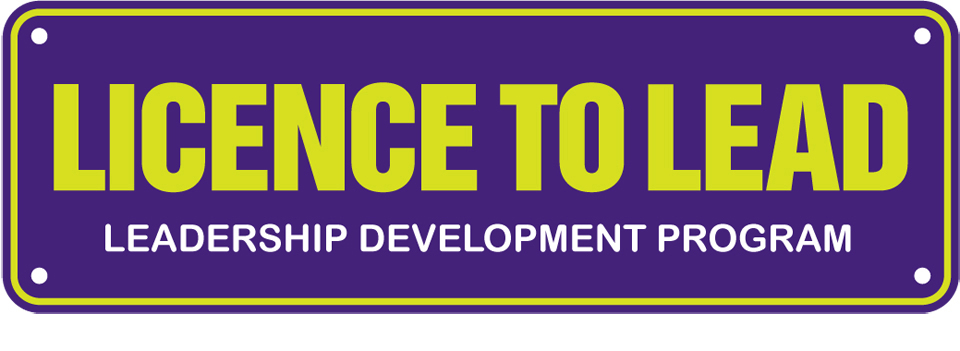How many of your people, on average, REALLY care?
 Tuesday, February 7, 2017 at 6:33PM
Tuesday, February 7, 2017 at 6:33PM 
How many employees do you have?
How many of them care, REALLY care, about your organisation?
Write down the % that you think are motivated, passionate and enthusiastic about working at your place.
Global gurus in employee engagement, Gallup Consulting, have research that shows that in Australia, on average, only 24% really care. That's less than one in four. I don't know about you, but I reckon that is SCARY!
Why does it matter? Well, Gallup's research shows a direct link between high levels of engagement and organisational outcomes like higher productivity, profitability, growth, quality and safety. If you want your organisation to be successful, you should care about the level of engagement (or Care Factor) of your people.
It is the leader's job to create an environment where people feel connected to the organisation, that they care about it succeeding and, as a result, they give their best.
We are helping organisations improve the 'Care Factor' of their employees by encouraging them to do the following
- making the expectations of their employees crystal clear
- giving regular and honest feedback on performance
- sharing the vision, key result areas and actions plans with employees
- giving opportunities for growth and development
- creating an environment where people feel valued and a part of a team.
I'll come to your place to SPEAK FOR FREE about how to increase the 'Care Factor' of your employees. Click here for us to connect.





